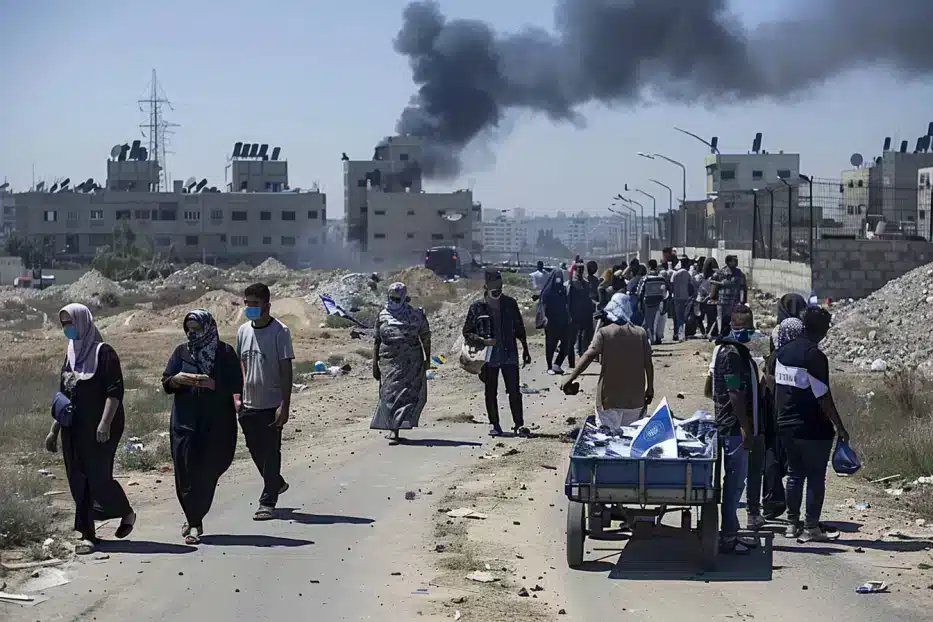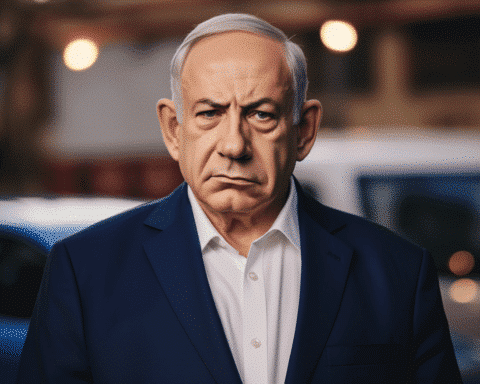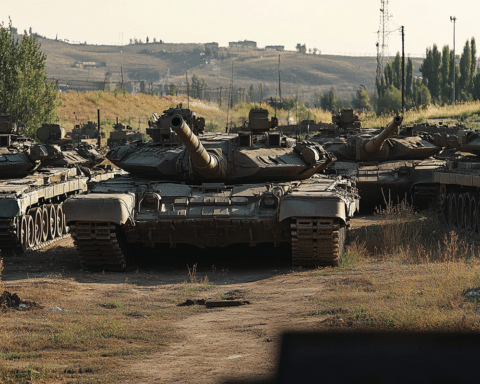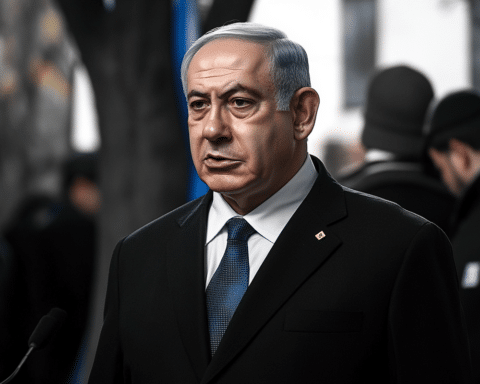As the Muslim holy month of Ramadan looms on the horizon, the latest attempts to negotiate peace in Gaza have faltered, leaving the region in a precarious state. Egyptian officials disclosed that three days of intensive talks aimed at establishing a cease-fire and securing the release of Israeli hostages by Hamas concluded on Tuesday without significant progress. These discussions, mediated by the United States, Qatar, and Egypt, sought a multifaceted agreement that would see up to 40 hostages freed in exchange for a month-long cease-fire, the liberation of certain Palestinian prisoners, and a critical influx of aid to mitigate the humanitarian crisis in Gaza.
Despite the urgency, with Ramadan mere days away, the gap between Hamas and Israeli demands remains wide. Hamas, holding approximately 100 hostages and the remains of 30 more, insists on a complete Israeli withdrawal and the release of numerous Palestinian prisoners, including critical militants. Jihad Taha, a Hamas spokesperson, articulated the group’s position, emphasizing openness to proposals aligning with their demands for cease-fire, withdrawal, and humanitarian relief, yet lamenting the stalled negotiations due to Israel’s refusal of their conditions.
On the other side, Israeli Prime Minister Benjamin Netanyahu remains staunch in his refusal to accede to Hamas’ demands, asserting a commitment to continue the conflict until Hamas is dismantled and the hostages are safely returned. The absence of an Israeli delegation in the latest round of talks underscores the deepening rift within Israel’s leadership, further exemplified by Benny Gantz’s criticized visit to Washington.
As mediators race against time, the shadow of past conflicts and the upcoming Ramadan intensify the pressure. The beginning of Ramadan, often marked by heightened tensions, is an informal deadline for achieving a breakthrough. Yet, as Egyptian Foreign Minister Sameh Shoukry notes, the path to peace remains uncertain.
The conflict, which reignited following a Hamas incursion into southern Israel last October, has exacted a heavy toll. Over 30,000 Palestinians have lost their lives, and the humanitarian situation in Gaza has reached catastrophic levels, with reports of children dying from malnutrition and dehydration. The international community’s efforts to provide aid are hampered by the ongoing violence and a breakdown in security, especially in northern Gaza, the initial target of Israel’s offensive.
As the death toll rises and the humanitarian crisis deepens, the quest for peace in Gaza becomes ever more urgent. The impending Ramadan adds a symbolic weight to the negotiations, highlighting the need for a resolution that addresses the immediate humanitarian concerns and sets a foundation for lasting peace. The stalemate, however, serves as a sad reminder of the complex and entrenched nature of the conflict, leaving the path forward uncertain as the holy month approaches.




